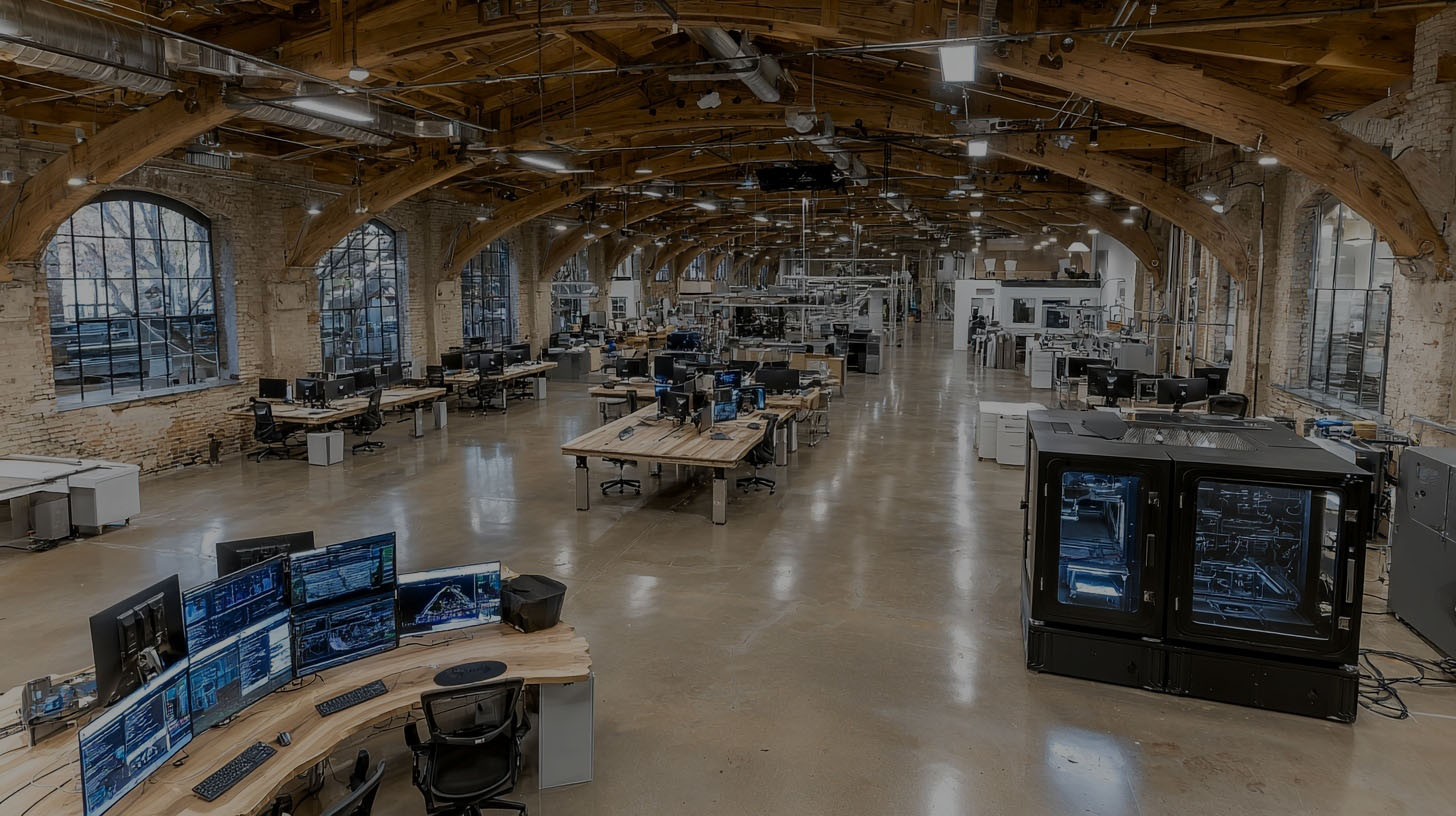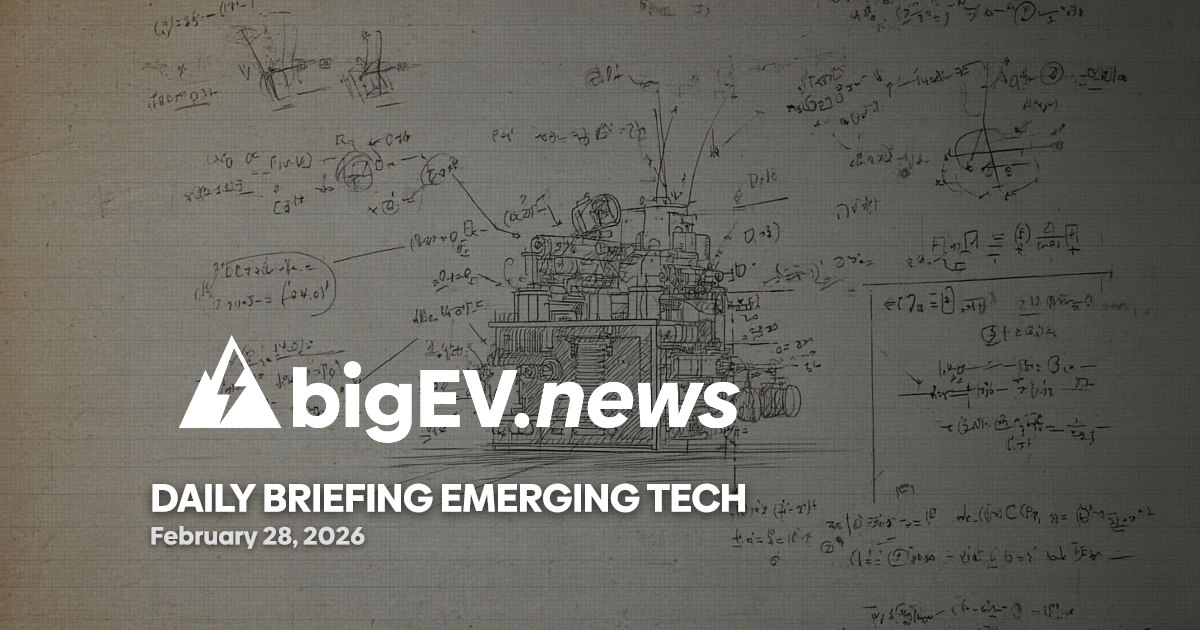A surge in billion-dollar AI infrastructure rounds, pivotal fintech mergers, and clean tech expansions mark a transformative day for emerging industries.
At a glance – The last 24 hours have seen a dramatic influx of capital into next-generation product sectors, with AI infrastructure and enterprise software dominating the venture landscape. Cerebras Systems, a Sunnyvale-based AI supercomputing leader, closed a record $1.1 billion Series G round, pushing its valuation to $8.1 billion and fueling advancements in wafer-scale compute systems for training the largest foundation models. London’s Nscale matched this with its own $1.1 billion Series B, the largest ever in the UK or Europe for AI hyperscalers, as it accelerates global expansion. Meanwhile, Vercel, a San Francisco platform enabling scalable AI-native applications, secured $300 million at a $9.3 billion valuation, underscoring investor confidence in developer tools for the AI era. These megadeals signal a new phase of capital intensity and technical ambition across the AI infrastructure stack, setting the pace for innovation in both North America and Europe.
Technology advance – In enterprise software, DualEntry, a New York-based startup, raised $90 million in Series A funding to revolutionize ERP migration with AI. The company’s platform automates the transfer and reconciliation of financial data from legacy systems, reducing migration times from months to hours and already processing over $100 billion in journal entries for clients in more than 50 countries. The round, co-led by Lightspeed Venture Partners and Khosla Ventures with participation from Google’s GV, values DualEntry at $415 million. This investment will accelerate product development and international expansion, targeting the $500 billion ERP market and addressing a critical bottleneck for digital transformation in global enterprises.
Partnerships – The fintech sector witnessed a significant strategic partnership as Swift announced the development of a blockchain-based ledger for instant cross-border payments. This initiative aims to streamline international transactions for banks and fintechs, leveraging distributed ledger technology to reduce settlement times and enhance transparency. Swift’s move is expected to catalyze further collaboration between traditional financial institutions and fintech innovators, positioning the network as a central hub for next-generation payment infrastructure. The project’s rollout will be closely watched by industry stakeholders seeking to modernize global financial rails.
Acquisitions/expansions – In a major move to strengthen its platform-as-a-service (PaaS) capabilities, Jack Henry announced the acquisition of Victor Technologies. This acquisition is designed to bolster Jack Henry’s cloud-native offerings for financial institutions, enabling more agile deployment of digital banking solutions. The deal reflects the ongoing consolidation in fintech infrastructure, as established players seek to integrate innovative startups to accelerate their digital transformation strategies. Meanwhile, First Merchants Corporation inked a $241 million merger agreement with First Savings Financial Group, expanding its Midwest footprint and enhancing its community banking portfolio. These transactions highlight the dual trends of vertical integration and regional expansion shaping the financial services landscape.
Regulatory/policy – Regulatory developments also made headlines as Nubank, the Brazilian digital banking giant, filed for a US national bank charter. This move signals Nubank’s intent to expand its operations in the United States, leveraging its digital-first model to compete with incumbent banks. The application comes amid heightened scrutiny of fintechs entering the US banking system, with regulators focusing on risk management and consumer protection. Nubank’s entry could intensify competition in the US neobank sector, prompting both regulatory and market responses as digital challengers seek to scale across borders.
Finance/business – Clean tech and electrification sectors continued to attract significant investment, with Einride, the Swedish autonomous freight technology company, raising $100 million to scale its self-driving electric truck operations. The funding will support fleet expansion and deployment of Einride’s electric and autonomous vehicles across Europe and North America, targeting logistics decarbonization and supply chain efficiency. This round underscores the growing momentum behind sustainable transportation solutions, as investors prioritize climate impact and operational scalability. The capital influx positions Einride to compete aggressively in the global race for zero-emission freight, with implications for both technology adoption and regulatory compliance in the logistics industry.
Sources: techstartups, dwealth.news, fintechfutures, FinSMEs, press releases, company filings









